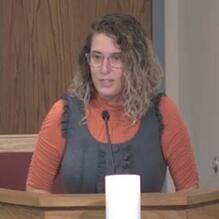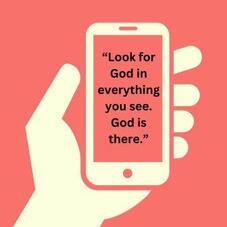|
Sarah Marolf
|
Working as a special education behavior interventionist can be difficult and stressful. I oftentimes come home exhausted from the mental exertion of remaining calm in the chaos. I’m tasked with educating the most challenging students – the ones who don’t want to be there, the ones who come with an alphabet soup of mental health diagnoses, the ones who’ve endured significant trauma in their short lives.
|
| Let me remind you: I am a teacher. I’m trained in methods of teaching reading and math. I am not a trained psychologist, social worker, or counselor. And yet I spend the majority of my time consoling the broken hearted, motivating the distraught, giving life advice to the naive, de-escalating the enraged, and listening to the burdened. I am a teacher, but teaching academics is secondary. |
| My formal education did not prepare me for the real life issues I would have to discuss.
|
| Sadly, the list is long and continues to grow each school year. In these moments of despair and vulnerability, I feel very ill-equipped to respond. I don’t know the different therapeutic techniques. Each time, I take a few seconds to say a little prayer asking God for guidance, to give me the words that particular student needs to hear so that they will leave my classroom feeling heard, loved, supported and empowered. I can’t say that we always solve the problem – their struggles are much bigger than me – but they always get to a secure enough place to go back to class and ready to face the challenges. |
| I have a reminder on my phone that goes off every day at 3:00 pm (just after the school day ends) that says, “Look for God in everything you see. God is there.” This has opened my eyes to all these little moments in which God has guided my interactions with my students. Even though public school is – and should be – secular, God is still very much present. If not anywhere else, I can only hope that my students see God’s light shine through me. |





 RSS Feed
RSS Feed